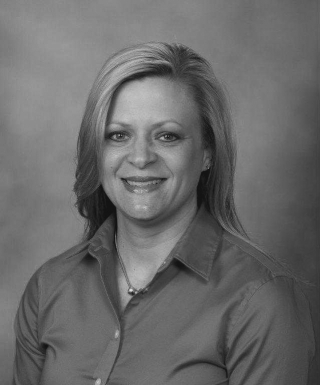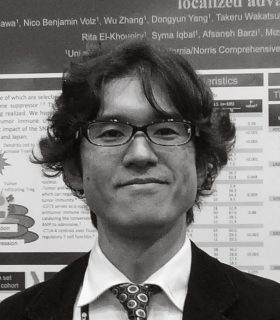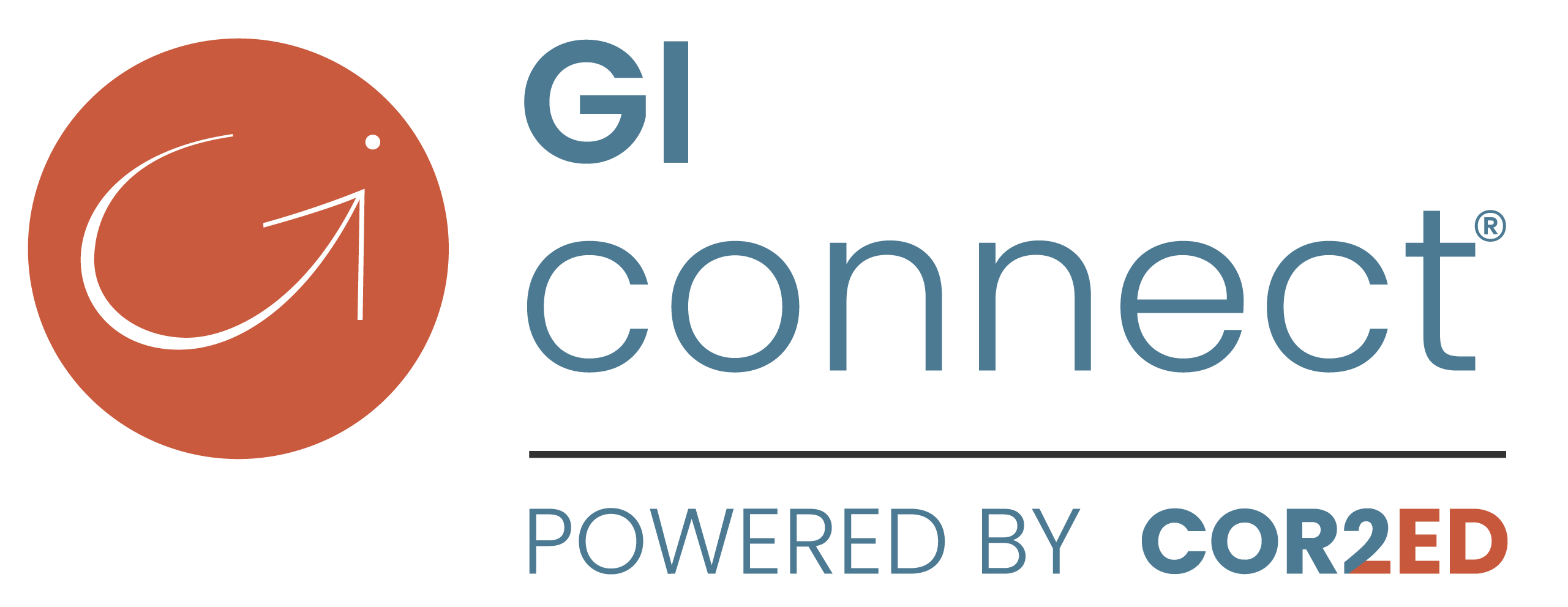Ass. Prof. Joleen Hubbard and Ass. Prof. Yu Sunakawa discuss the Clinical Question: Which targeted drug is better for RAS-wt patients in 2nd line treatment after bevacizumab therapy?
Dr Joleen Hubbard is Deputy Director of Clinical Research and Academic Affairs for the Allina Health Cancer Institute in Minneapolis, Minnesota. She was previously Assistant Professor of Medical Oncology at Mayo Clinic. She completed medical school and residency at the University of Minnesota and haematology/oncology training at Mayo Clinic, Rochester, Minnesota. Dr Hubbard specialises in the treatment of gastrointestinal cancers, focusing on colorectal cancer. Dr Hubbard is the PI of several phase I clinical trials, investigating novel agents for gastrointestinal cancers. Her research interests also include geriatric oncology with a special interest in clinical and biologic markers of frailty. She serves as a member of the Cancer in the Elderly, as well as the Health Reported Outcomes and Translational Research committees for the North American Alliance of Clinical Trials in Oncology Network.
Advisory boards: Bayer, Merck, BeiGene, Incyte
Research funding to institution: Merck, Boston Biomedical, Treos Bio, Senhwa Pharmaceuticals, Bayer, Incyte, TriOncology, Seattle Genetics, Hutchison MediPharma, Pionyr Immunotherapeutics, Trovogene, G1 Therapeutics, Roche
Dr Yu Sunakawa is a medical oncologist at St. Marianna University, Japan and previously worked as an instructor at Showa University Northern Yokohama Hospital in Yokohama, Japan. He also completed postdoctoral research fellowship training at University of Southern California/Norris Comprehensive Cancer Center in United States. In 2011, Dr Sunakawa received the board certification of the Japanese Society of Medical Oncology. Dr Sunakawa’s research interests are the identification and determination of molecular markers in cancerous tissues or blood that could predict cancer risk and clinical outcome in gastrointestinal cancer. He is also focusing on research regarding tumour immunity and received a Merit Award from the American Society of Clinical Oncology in 2014, for the research of genetic variations in immune checkpoint-related genes.
Bayer, Bristol-Myers, Biopharma, Chugai Pharm, Daiichi-Sankyo, Gurdant, Lilly, Ono Pharm, Sanofi, Sysmex, Takeda and Tahio Pharm.
Other programmes of interest
Innovating relapsed refractory multiple myeloma care
Unmet needs, therapy management, and real-world experience
Experts
Assoc. Prof. María Victoria Mateos, Assoc. Prof. Karthik Ramasamy, Assoc. Prof. Elena ZamagniNTRK fusion testing and treatment in pediatric sarcoma
Make decisions for a young patient during his cancer journey
Navigating advanced HCC: treatment strategies beyond immunotherapy (IO)
Module 4: Treatment strategies for patients ineligible for IO or those with progression on IO
Later-line treatment strategies in metastatic colorectal cancer (mCRC)
Rechallenge vs switching






 Downloadable
Downloadable  5 MIN
5 MIN
 Jun 2025
Jun 2025 






